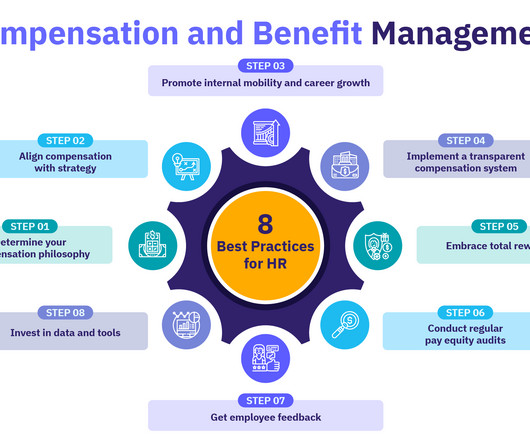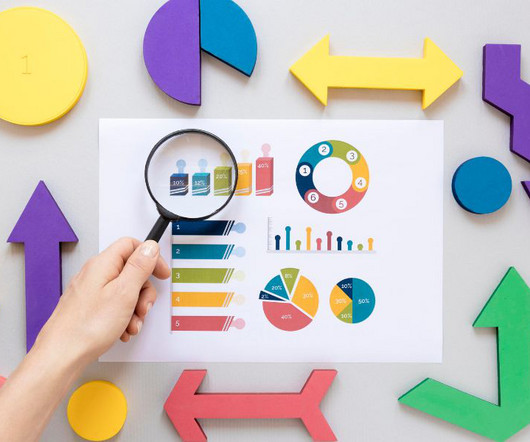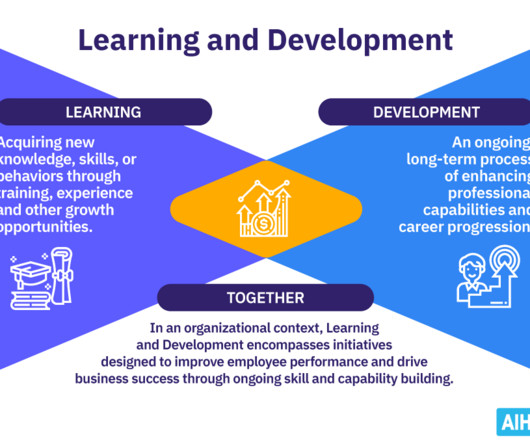People Analytics and HR-Tech Reading List
Littal Shemer
OCTOBER 11, 2022
“Technology can have huge benefits for the HR function: saving time by streamlining processes, boosting engagement by enabling analysis of people data or improving employee development by allowing staff to access the content they need on different platforms, wherever and whenever they need it. . Boudreau , Wayne F.
























Let's personalize your content